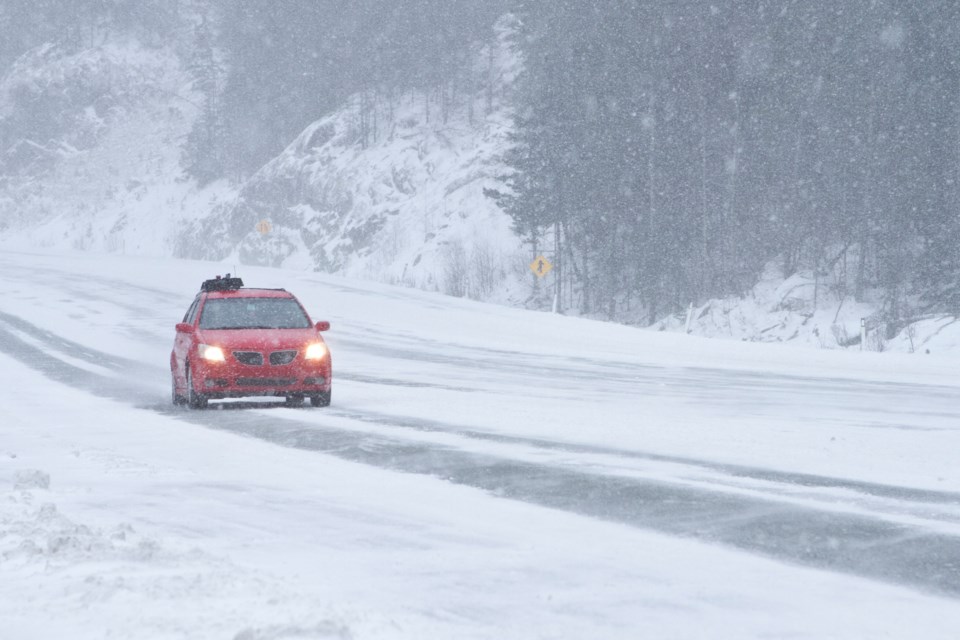Around this time every year, you can usually count on a few surefire signs that winter is approaching: the days get shorter, the leaves start turning, and the snowline starts to creep down the mountains. And another one if you’re a driver in the Sea to Sky: the switchover to winter tires—even if the forecast is calling for sunny skies temperatures in the high-20s.
As of Oct. 1, winter tires are mandatory for all vehicles on Highway 99, as well as all highways in the north, the Interior, and sections of some highways (including Highway 99) on the South Coast and on Vancouver Island.
Appropriate winter tires are defined as those with either the M+S (mud and snow) or mountain/snowflake symbol. They should be in good condition, with a minimum tread depth of 3.5 millimetres.
Tires marked with the mountain/snowflake symbol offer the best traction in snow and ice, while those marked with the M+S symbol are better than summer tires, but less effective in severe winter conditions than the mountain/snowflake tires.
While winter tires are not mandatory provincewide, they are required on a majority of B.C. highways. Drivers without the proper winter tires in good condition driving on designated B.C. highways can receive a fine of $121.
Commercial vehicle operators, meanwhile, are required to carry chains on most routes in B.C., as indicated by road signs, as of Oct. 1.
Winter tires and chain requirements are in effect on the majority of designated highways from Oct. 1 to March 31. On some select highways, including mountain passes and rural routes in snowy areas, the requirements are extended until April 30. These highways are marked with signs.




.JPG;w=120;h=80;mode=crop)
